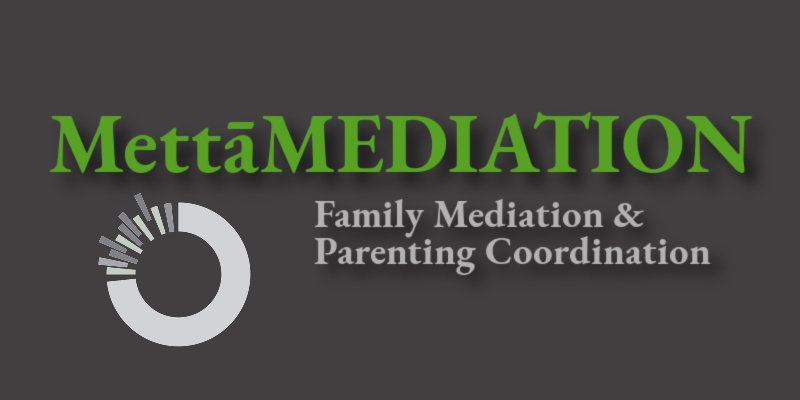What if one of the parties disengages during the mediation, as in “checks out”?
Mediation can be a challenging process ~ and this is particularly true of Family Mediation, where feelings are often frayed, and there is little trust to speak of. Separation frequently brings the most raw of emotions to the surface, and tempers have a tendency to flare when difficult subjects need to be addressed.
Family Mediation is a process during which conversations about challenging subjects are encouraged and importantly, in this context, they take place in a moderated, structured setting that permits a respectful dialogue, giving each side an opportunity to say their piece. Whether a mediation takes place in a single session or over the course of multiple meetings, the process can be draining and sometimes it may feel like no progress at all is being made.
There are no hard and fast rules, and sometimes couples are surprised how quickly they can deal with subjects they thought would be complicated, and how protected their discussions are about issues they thought were simple. Overall, the process requires patience, and tapping into the deepest of emotional resources.
There are situations in which one of the parties to a family mediation disengages. It feels like they have checked out, and are no longer at the negotiating table. What happens then? What can the mediator do to address the situation? Is the mediation over? Is there no more prospect for resolving the issues in dispute?
The mediator can do a number of things – beginning with trying to understand better what is at issue. What is the reason for this apparent disengagement? Has this party, in fact, checked out, or is this simply how they appear because their have run out of steam at the end of a long day of negotiations?
My first step would be to pause the negotiations, and to meet with this party (and their counsel if they are also attending the session) to find out more about the situation, and to ask questions designed to help me better understand what the next step(s) should be. If the responses to my questions suggest at the reasons for the apparent disengagement are the time of day, the pace of the negotiations, and simply a loss of focus for the day, as opposed to a loss of faith in the process overall, then I can take steps to remedy that in the short-term. One such step would be to take a break – to refuel, recharge with some food and drink, perhaps a brisk walk outside ~ something that might help refocus the mind and re-energize the spirit. The negotiations could then continue. If I determine that the band-aid steps referred to above will not help on this particular day, that a longer break is required, then the mediation session may have to be adjourned to another day but here, to maintain the sense of momentum, I would be working with the parties and their counsel on scheduling an actual return date.
What if it is clear the person who appears to have “checked out” truly has? What if they are losing confidence on the process, or no longer trust that the other party will come to the negotiating table with anything they would consider reasonable? It may be time for a regroup, also in caucus ~ and that might involve going over the events of the day to highlight the progress actually made. When we are tired and weary, we have a tendency, as humans, to see lights as dimmer than they actually are. It may also help to discuss alternatives ~ in other words, what happens if a party actually walks away from the negotiating table. What would their next steps be? Would those steps be more expensive, result in further delays, polarize the parties more? Quite often, this approach is effective in showing the benefits of continuing with the dialogue, if not on that day then another day, and soon. Again, maintaining momentum is important.
Yes, sometimes the mediator has no choice but to declare an impasse. Yet, those situations are rare, and the step should not be taken until all options for continuing with the dialogue are explored. At all times, it is vital to remember that mediation is a voluntary process, grounded in the concept of self-determination.
If you have any questions about our mediation services, please contact Carolyn and she will answer them for you.
©AJJakubowska

